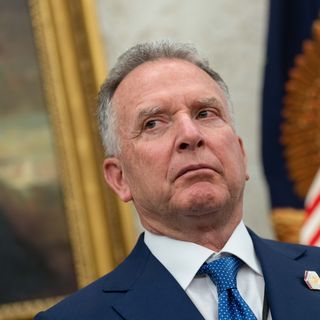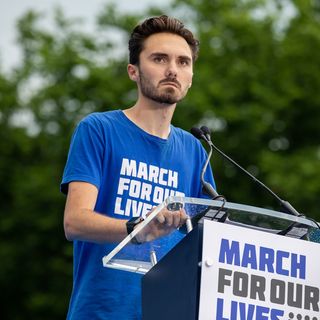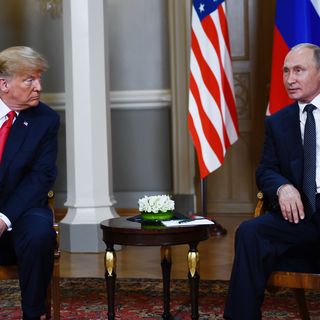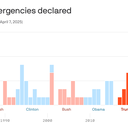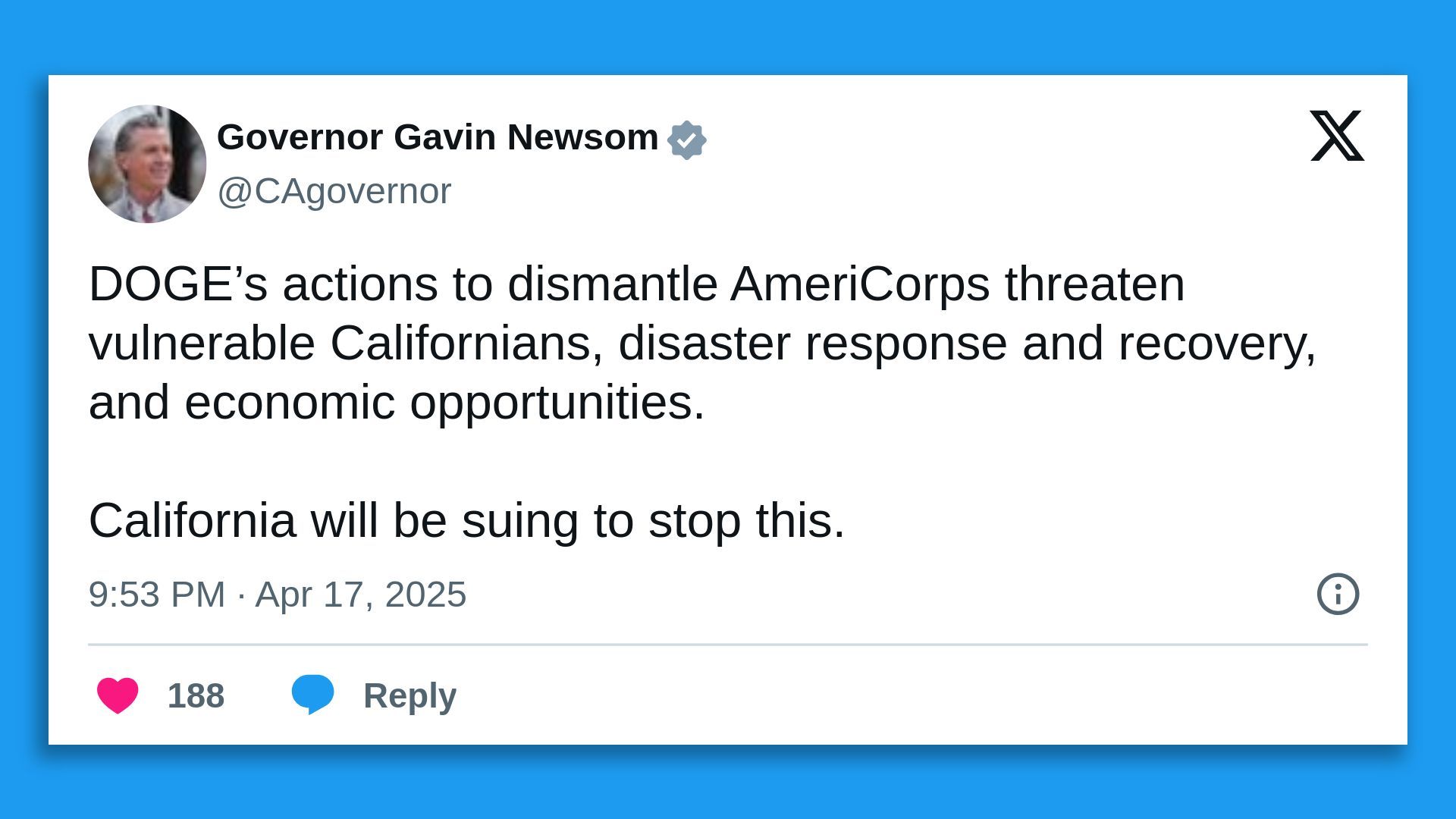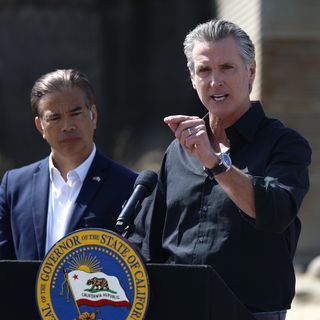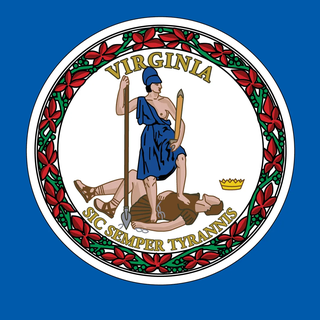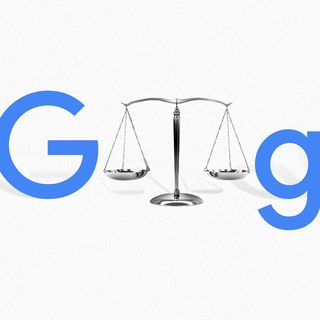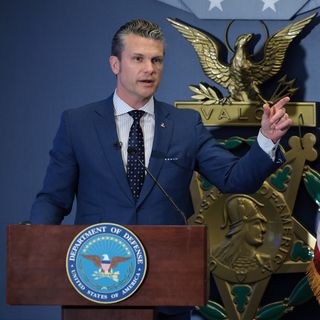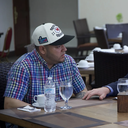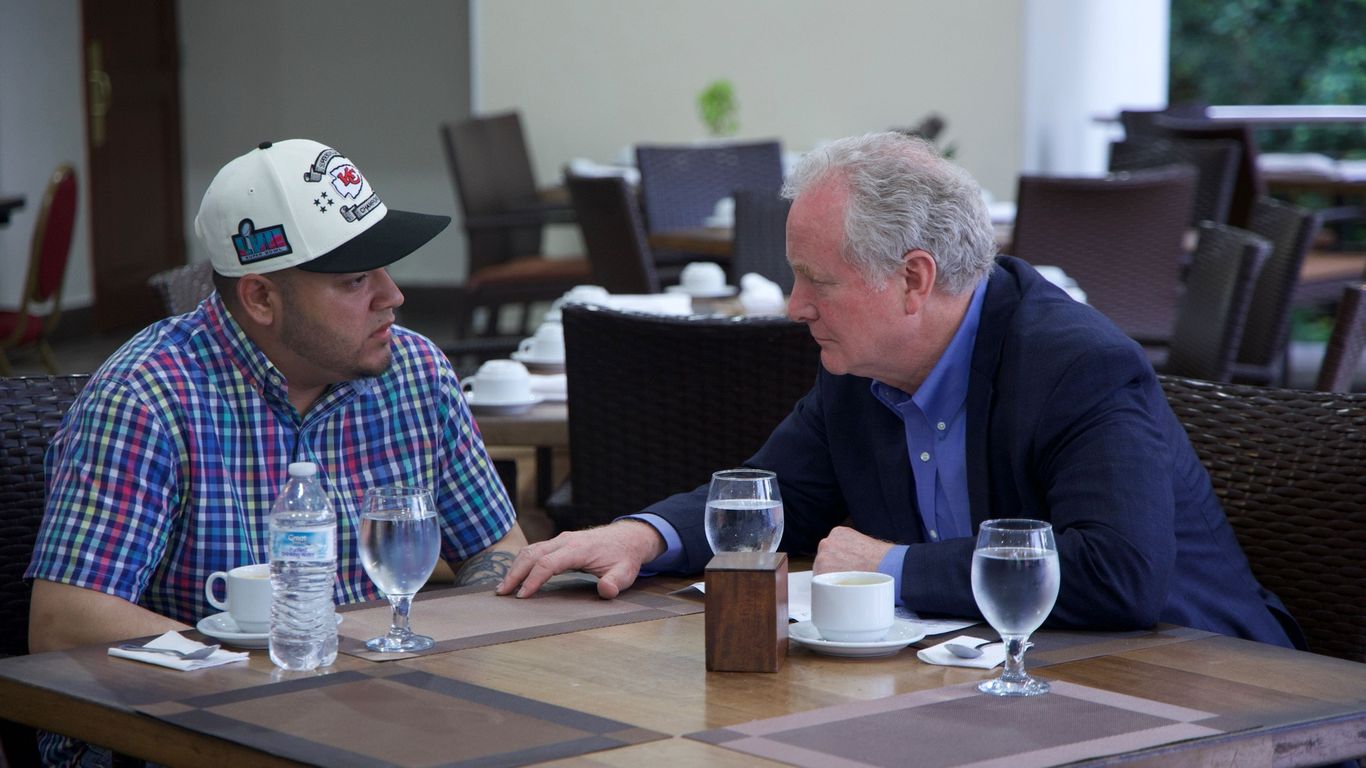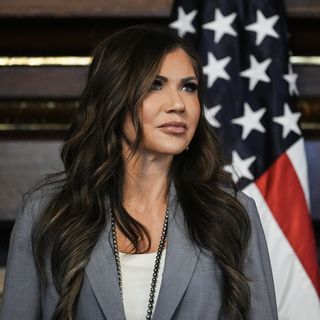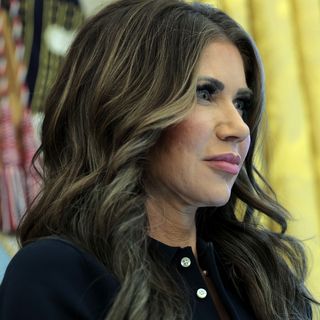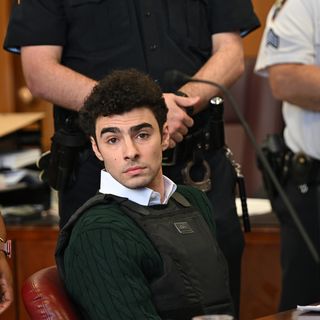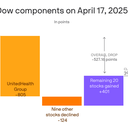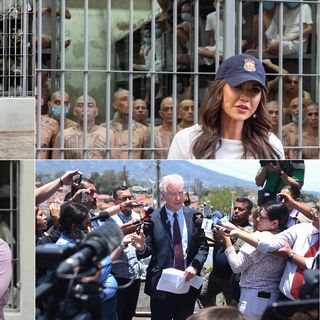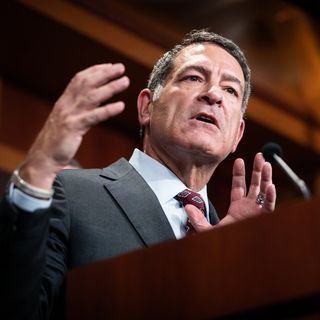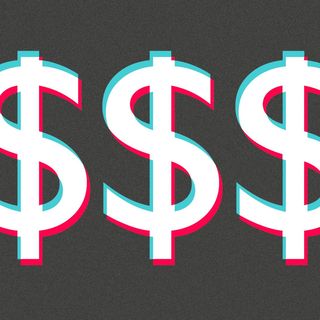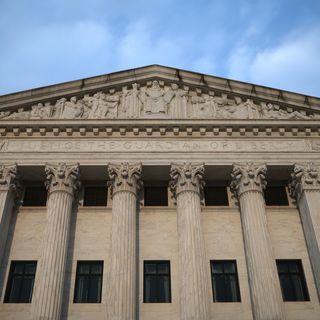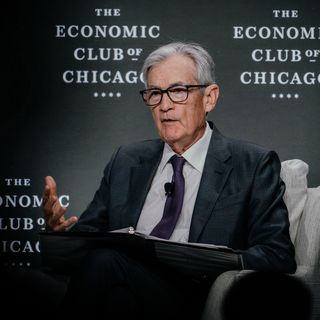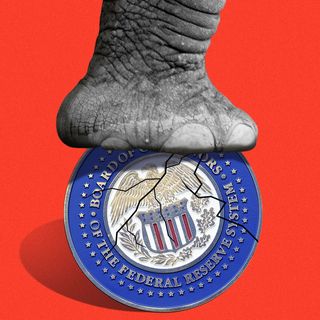Trump envoy quietly met Israeli officials ahead of Iran nuclear talks
Two top Israeli officials had an unannounced meeting in Paris on Friday with White House envoy Steve Witkoff to discuss the U.S.-Iran nuclear talks, three Israeli sources familiar with the meeting tell Axios.
Why it matters: Ron Dermer and David Barnea, Israel's strategic affairs minister and the director of the Mossad intelligence agency, slipped into Paris for the low-profile meeting with Witkoff to try to influence the U.S. position ahead of the second round of talks in Rome on Saturday, the officials said.
- Israeli Prime Minister Benjamin Netanyahu is concerned the U.S. will reach a deal with Iran that's similar to the one the Obama administration signed in 2015, and President Trump himself abandoned.
- The Israeli Prime Minister's Office and a spokesperson for Witkoff declined to comment.
- Witkoff was in Paris for meetings on Russia and Ukraine before traveling to Rome for the Iran talks.
Between the lines: During those meetings, Witkoff stressed that the Trump administration's goal on Iran is to resolve the nuclear crisis with through diplomatic means and ensure Iran will no longer enrich uranium.
- Netanyahu and other hawks want a deal to eliminate Iran's nuclear program entirely — or else a strike on Iran's nuclear facilities.
- Trump, who initially set a two-month deadline for the negotiations, said on Thursday that he is in no rush to move forward with a military strike because he believes Iran "wants to talk."
The other side: Iranian Foreign Minister Abbas Araghchi, Witkoff's counterpart in the talks, will arrive in Rome on Friday after a visit to Moscow, during which he met with President Vladimir Putin and discussed the negotiations with the U.S.
- Although Russia is not directly involved in the talks, the Iranians are seeking Russian support, including potentially to press their case with Trump. "We hope Russia will play a role in a possible deal," Araghchi said Friday.
- Araghchi added that the U.S. showed seriousness in the first round of talks, but said Iran hears "conflicting messages" from the U.S. in public and in private. "What's said at the negotiating table is what matters," he stressed.
- Araghchi added that a deal can be reached if the U.S. doesn't present "unrealistic demands." One of those demands, Araghchi said, was that Iran completely halt uranium enrichment.
What to watch: The second round of talks on Saturday will be held at the Omani embassy in Rome. They are expected to start around 5am ET and last at least five hours.
- The U.S. wants the second round of talks to end with a framework for the next steps in the negotiations.
Go deeper: Trump team's stark Iran divide
